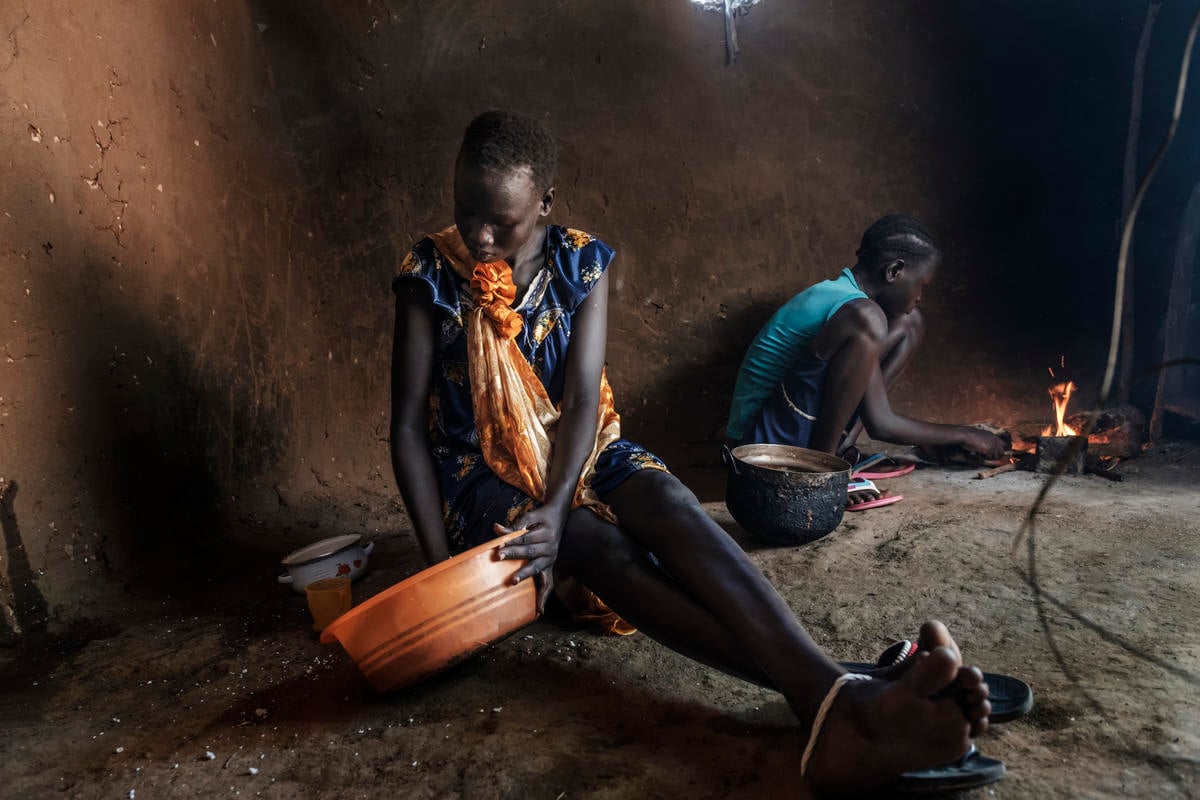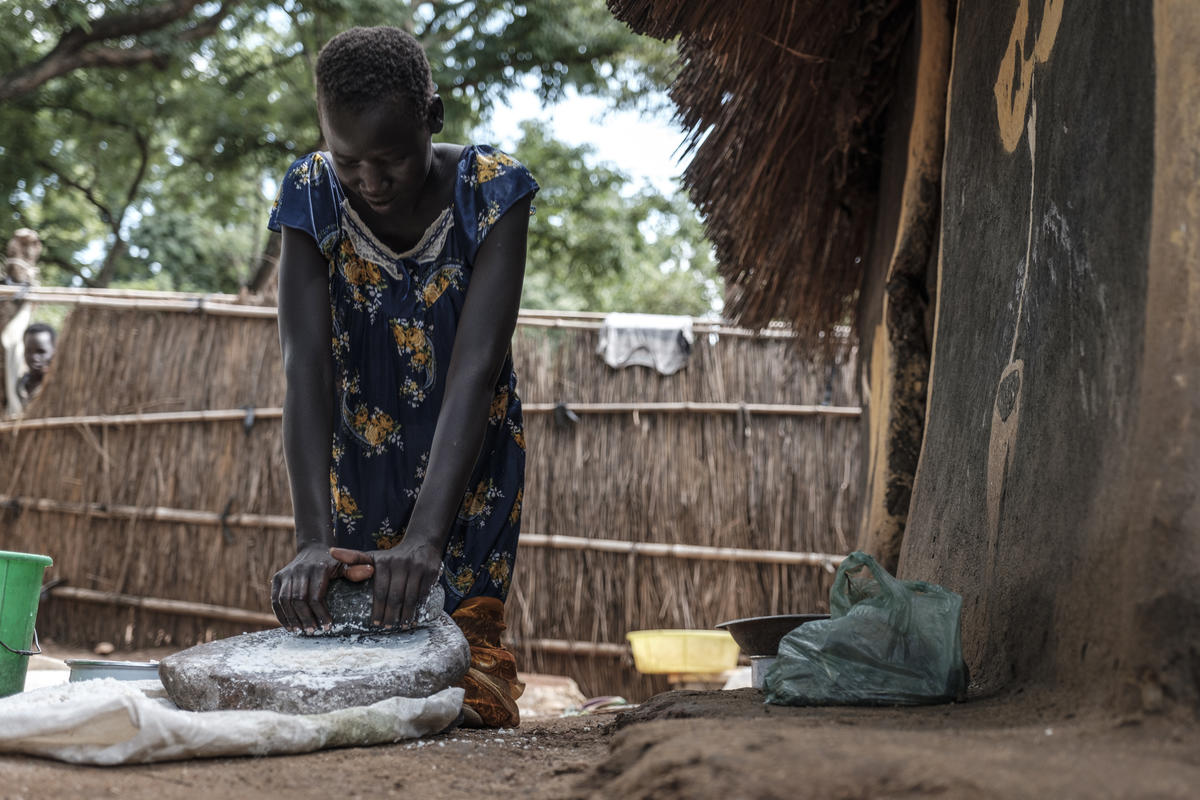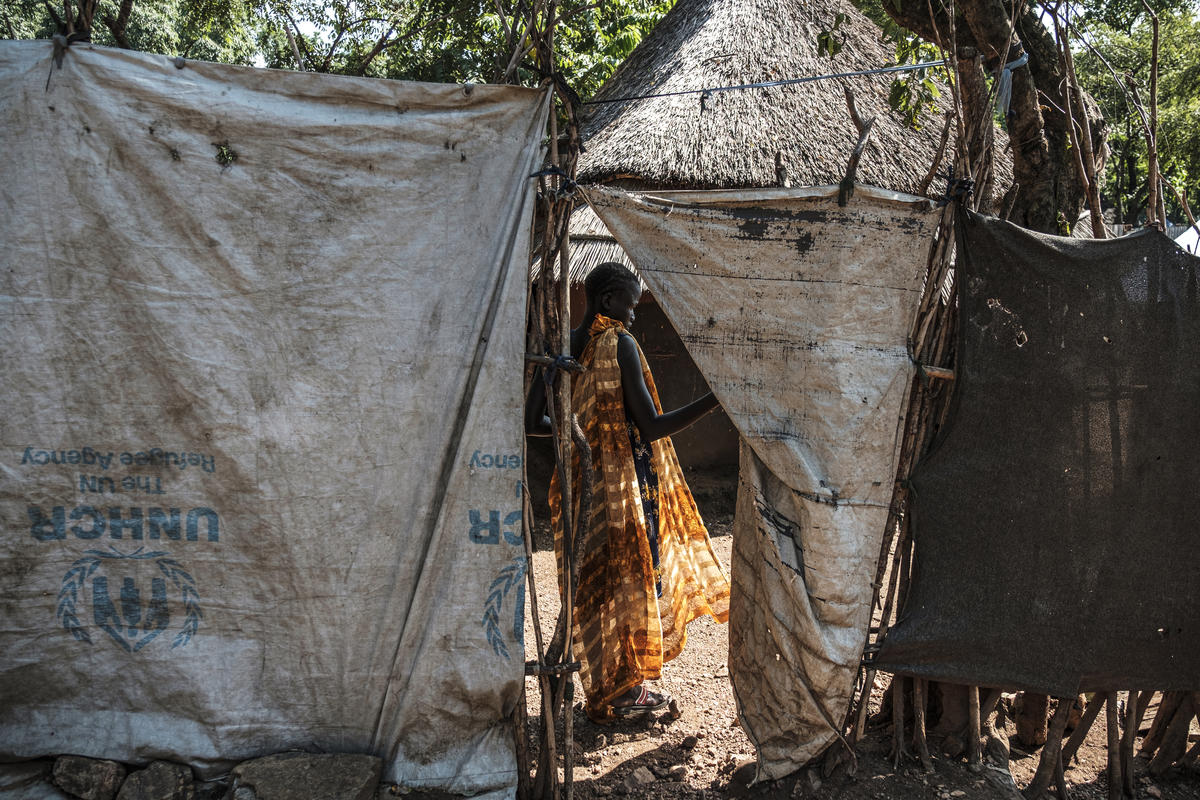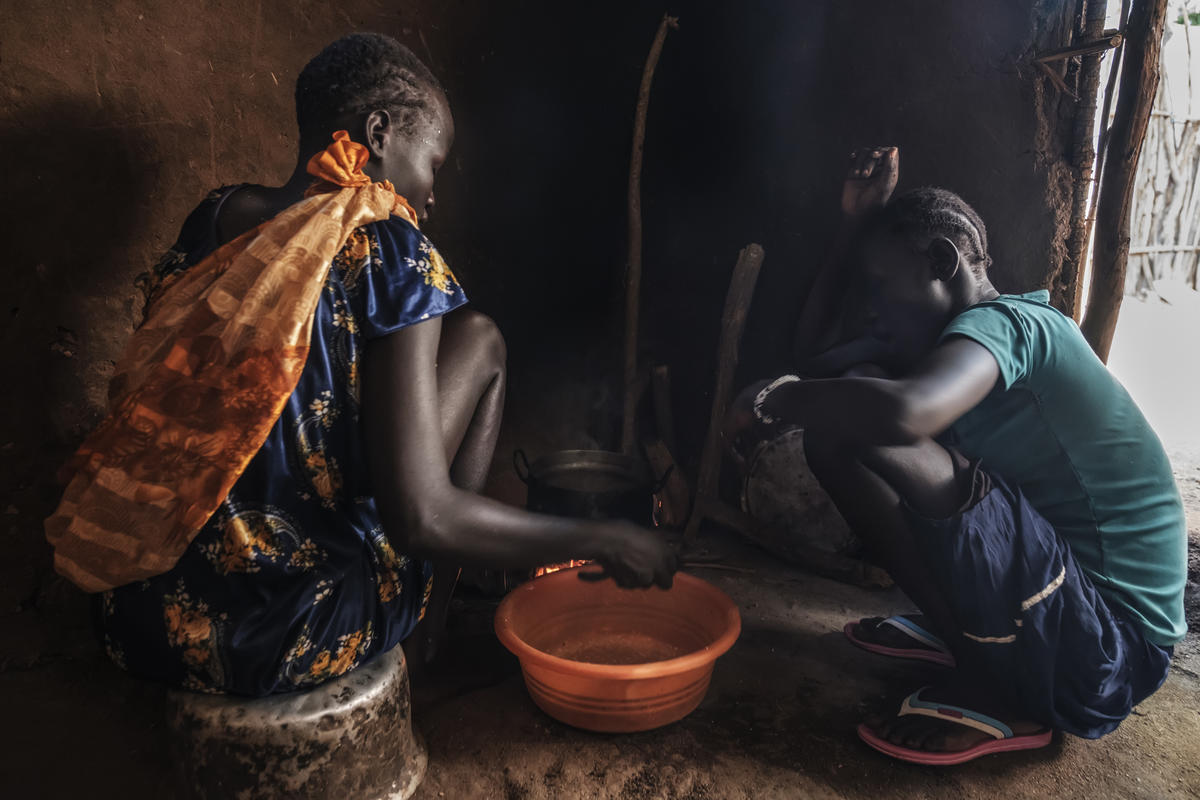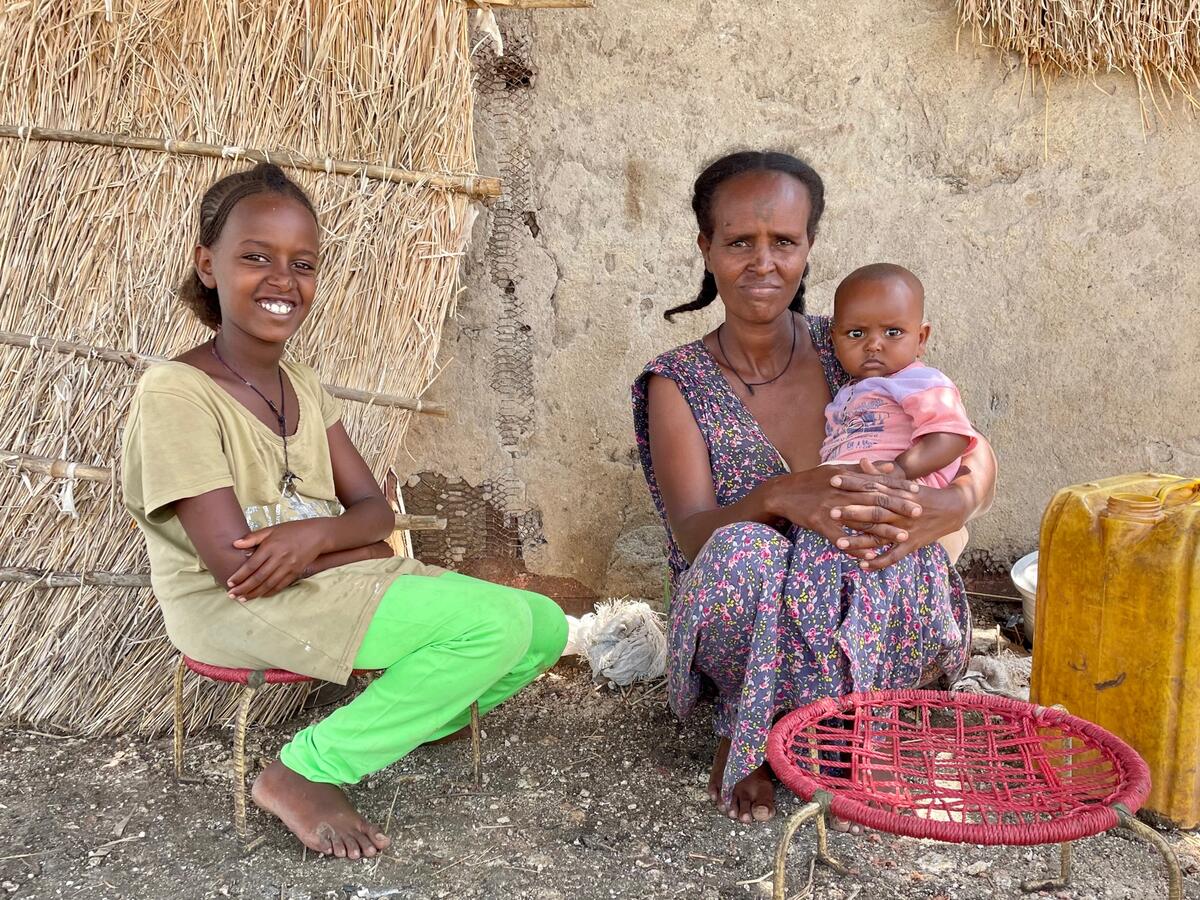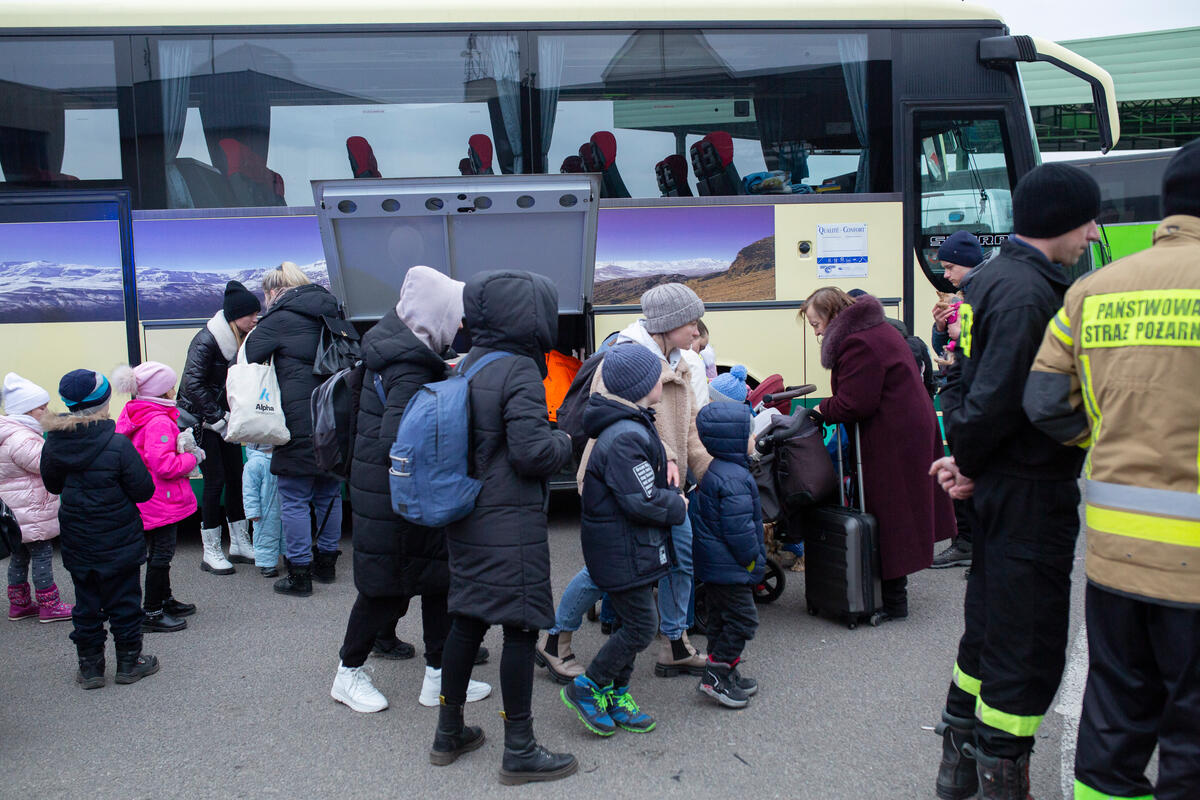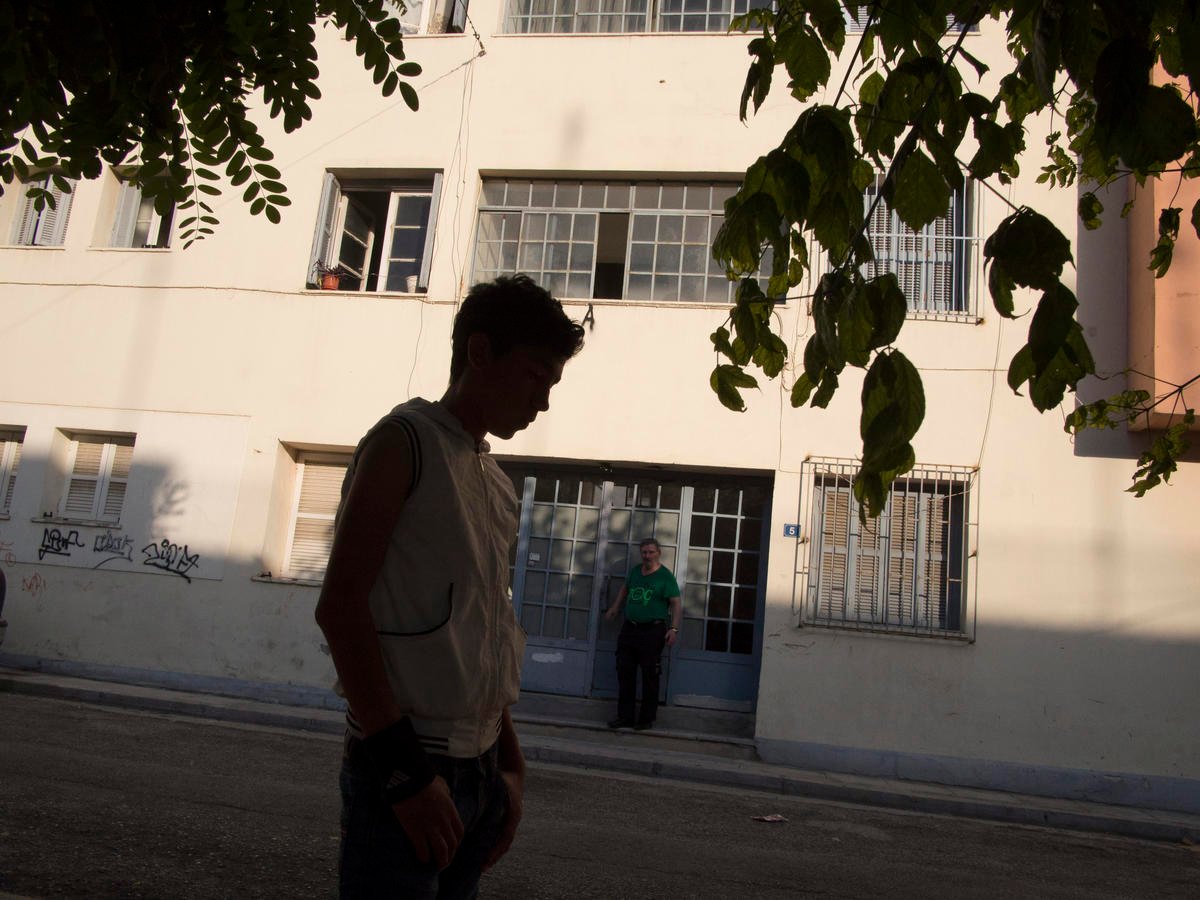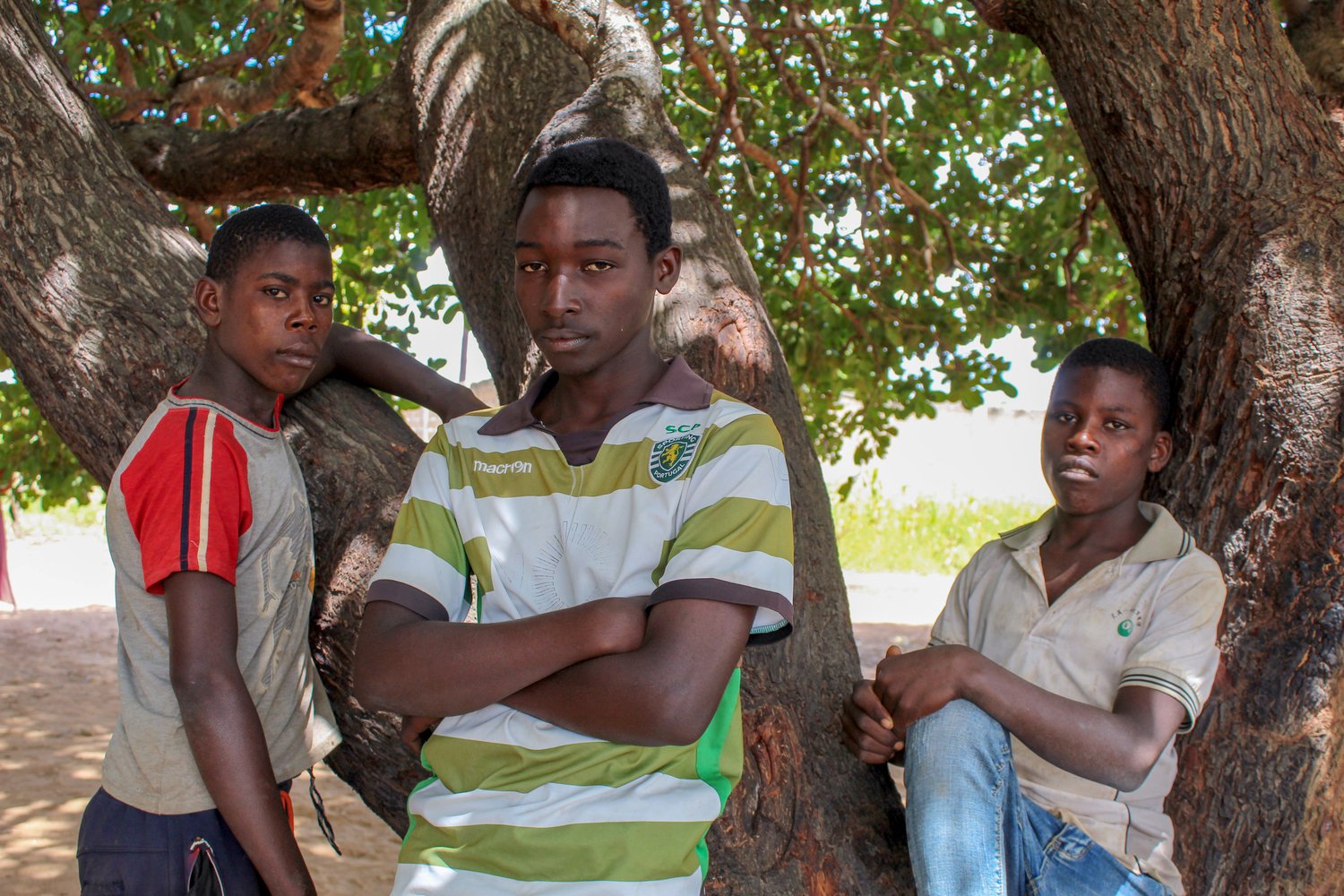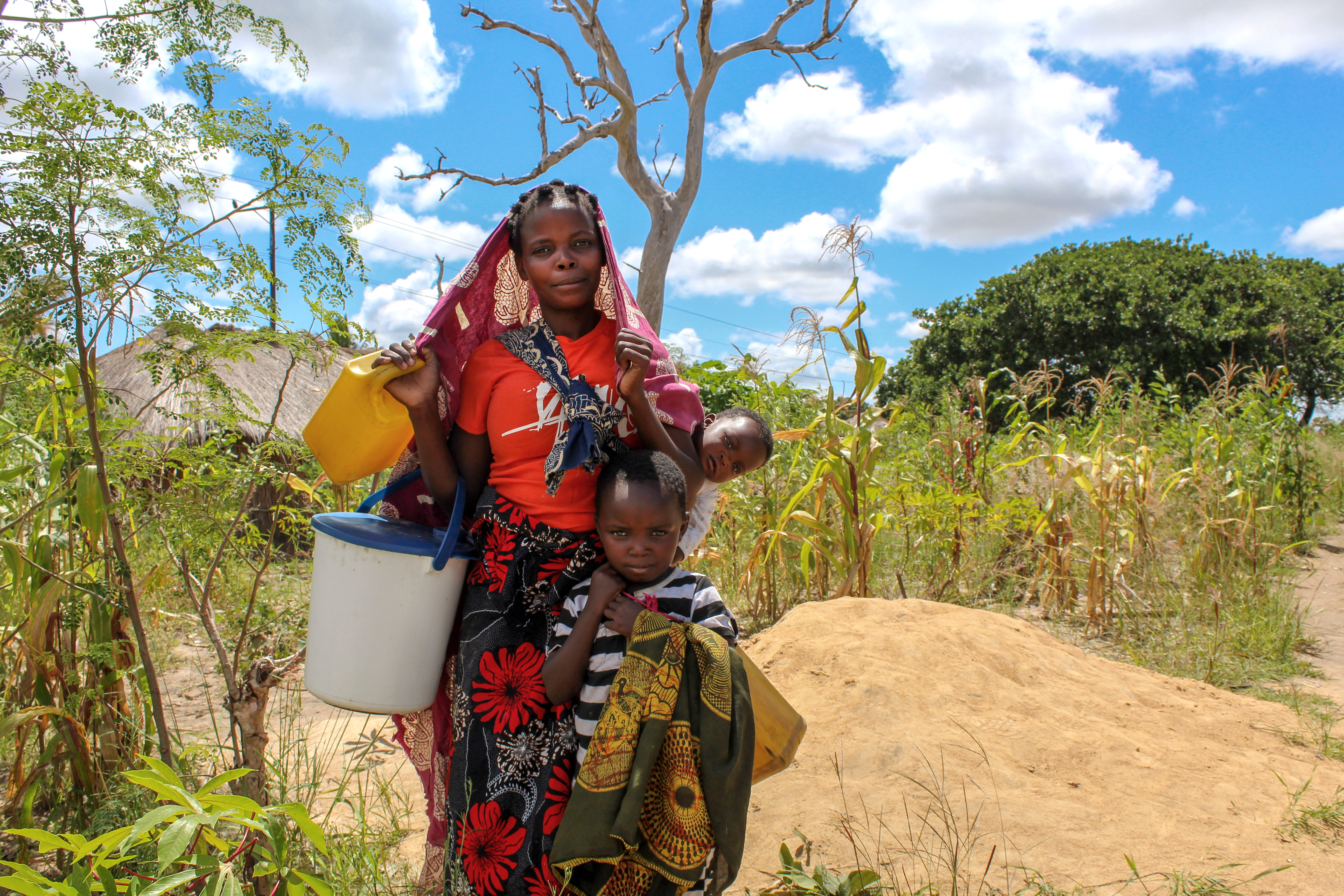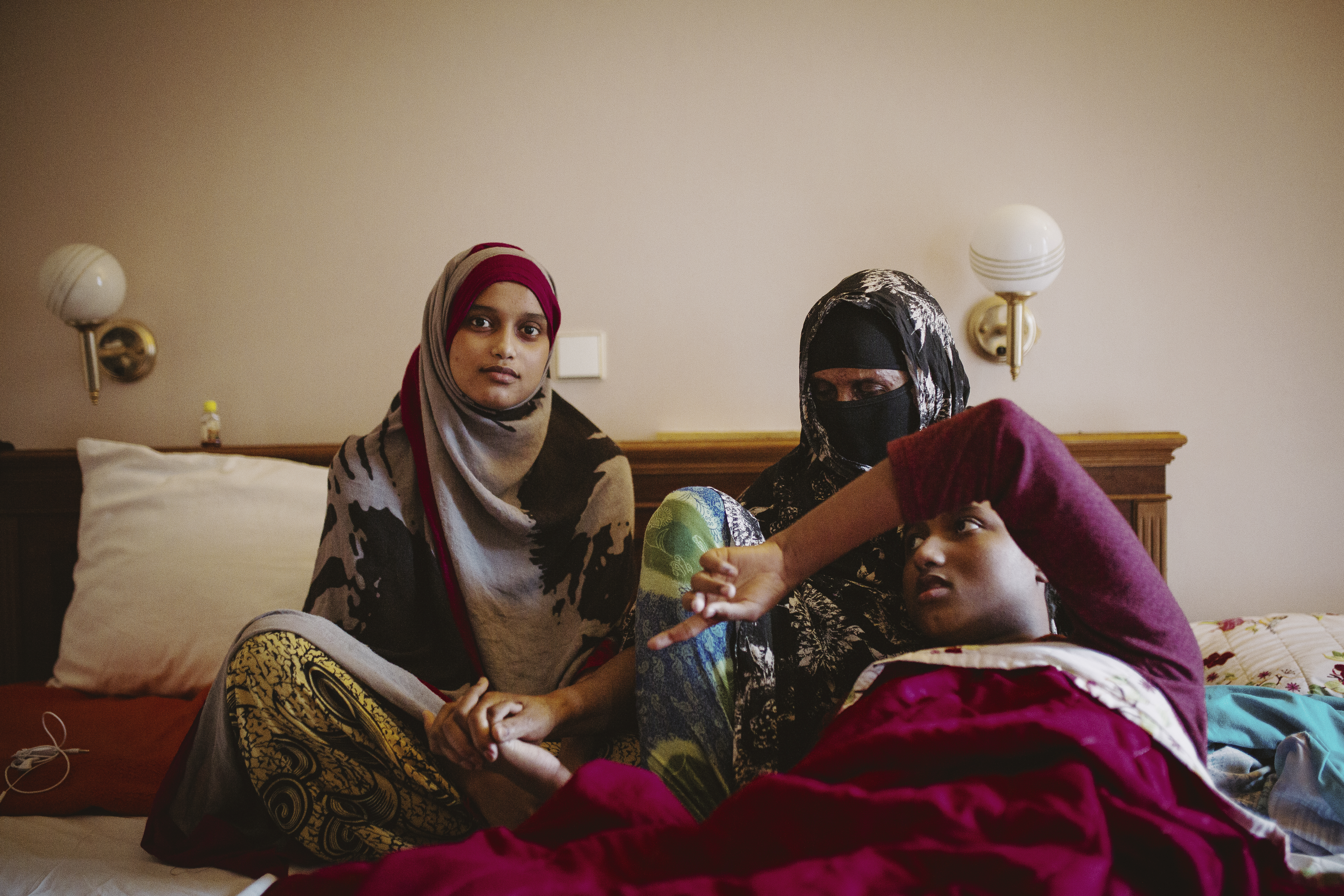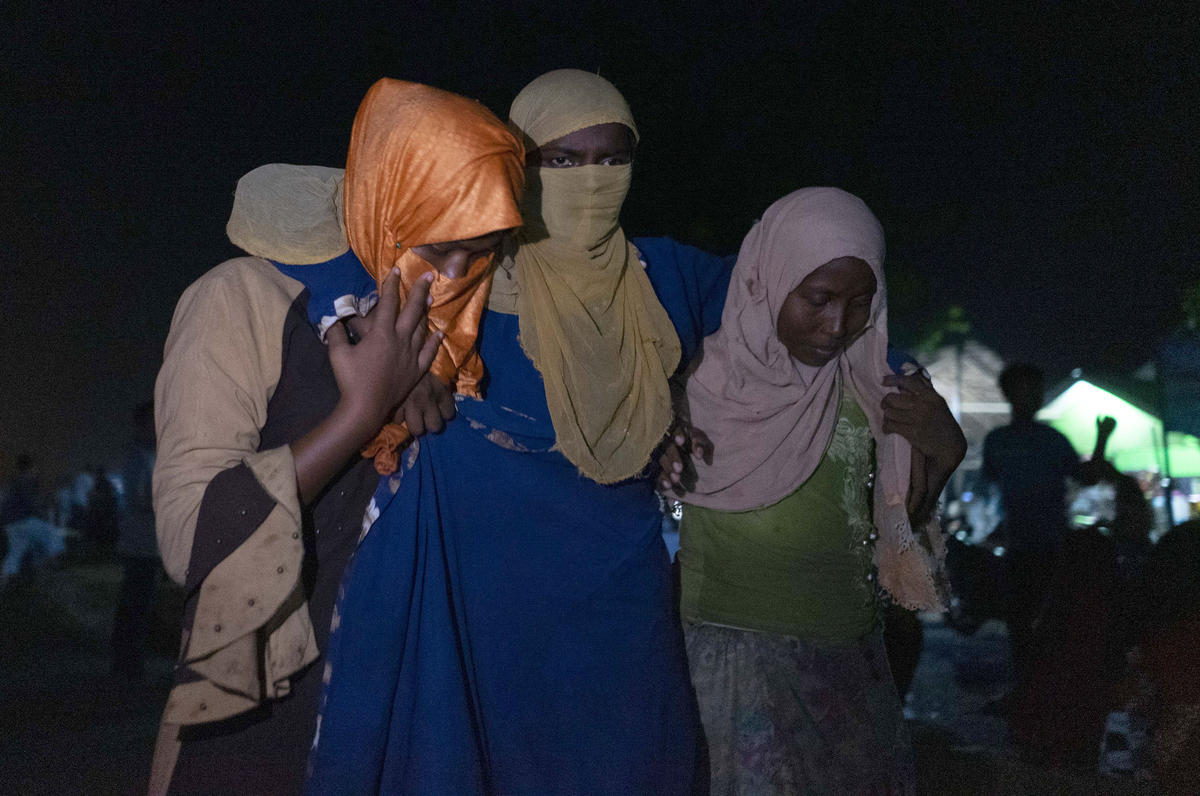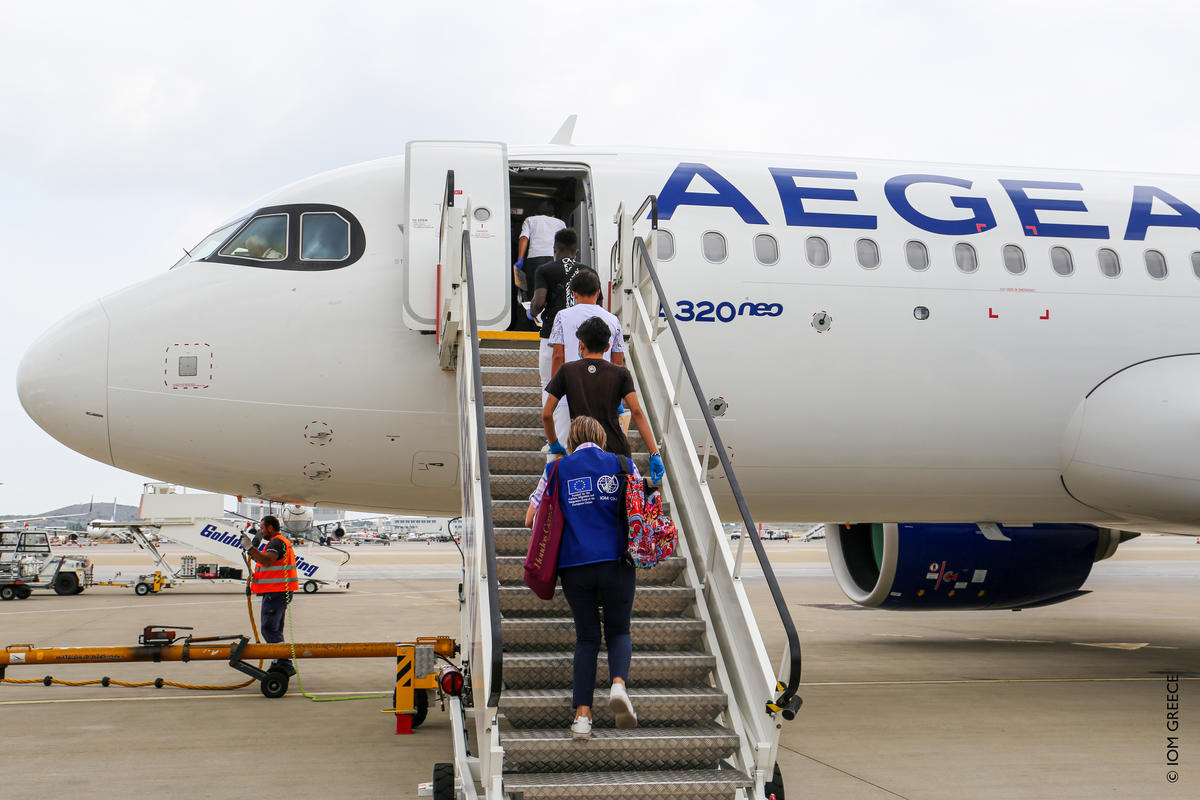South Sudanese sisters overcome heartbreak and make a new life in Ethiopia
Nyamach Lul has known more loss and sorrow in her 16 years than most people have experienced in a lifetime.
The teenager from South Sudan first lost her father in an attack by an armed group, and then her mother to illness. After fighting broke out in her hometown of Guel Guk, Upper Nile State, Nyamach and her younger sister fled to safety in Ethiopia.
“We take care of one another – it’s just the two of us."
The one constant in Nyamach’s life has been her sister, 13-year-old Nyakoang. For the past four years, the Lul sisters have made a home for themselves in Jewi, one of seven camps hosting more than 300,000 South Sudanese refugees in Ethiopia’s Gambella region. There are another 40,000 refugees from South Sudan living elsewhere in the country.
“We take care of one another – it’s just the two of us,” says Nyamach.
Unlike other siblings, the girls try not to quarrel with each other.
“We’re really scared to argue because we don’t know what the future will hold for us,” she adds.
The Lul sisters fled South Sudan in 2016, following thousands of other people who were also desperate to escape the killing, rape and razing of villages by the warring parties.
“It was very tough. We fled with nothing,” Nyamach adds.
South Sudan’s conflict has had a devastating impact on children, who account for over half of the more than two million South Sudanese living in exile. Not only has the violence robbed them of their families, homes and childhoods, it has also left thousands of children fending for themselves.
In Ethiopia, most refugee children live with their families, but a significant number – more than 42,000 – are either unaccompanied or separated from their parents or guardians. The displacement crisis has one of the highest proportions of children-headed households in the world. Globally, the figure stands at 150,000.
As the head of her small household of two, Nyamach has had to grow up too soon.
“I don’t think about my family because they are gone,” she says. “We are here and they are not and that’s just the way it is.”
Nyamach keeps an immaculately clean and tidy house. Cooking pots are neatly stacked, one on top of the other, the floor has been swept and the broom hung on the wall. Green doilies she has crocheted herself adorn the walls. There is a place for everything.
After coming home from school, the Lul sisters settle into a familiar routine.
Nyamach prepares the cornmeal porridge that is served for dinner most evenings. While she crushes kernels of maize into flour with a stone, Nyakoang fills a clay jar with water, washes a pot for Nyamach to cook the porridge in and gathers the firewood for cooking.
“She watches what I’m doing and learns step by step from me,” says Nyamach.
When food is scarce, Nyamach urges Nyakoang to eat first. When the girls needed shoes, Nyamach sold part of their food rations and bought a pair for Nyakoang first.
“I like to see her happy more than myself,” the older sibling says.
A neighbour keeps an eye on the girls but Nyamach resists the idea of having a foster parent.
“I would not let that happen. Only I will take care of my sister,” she says, revealing a steely single-mindedness that makes her seem much older.
Patrick Kawuma, head of the Gambella sub-office of UNHCR, the UN Refugee Agency, says the situation for South Sudanese children remains a crisis of huge proportions, not least for unaccompanied or separated minors.
“Where possible, UNHCR locates missing parents and works towards reuniting families to allow children to be children. Having children as heads of households means that they are becoming adults at a very, very young age. It really means they have to grow up too fast and miss the stage of being a child.”
Nyamach’s priority is ensuring that she and her sister survive as best they can and that they stay in school. Her favourite subject is English.
“I’m hoping for a good job one day,” she says.

